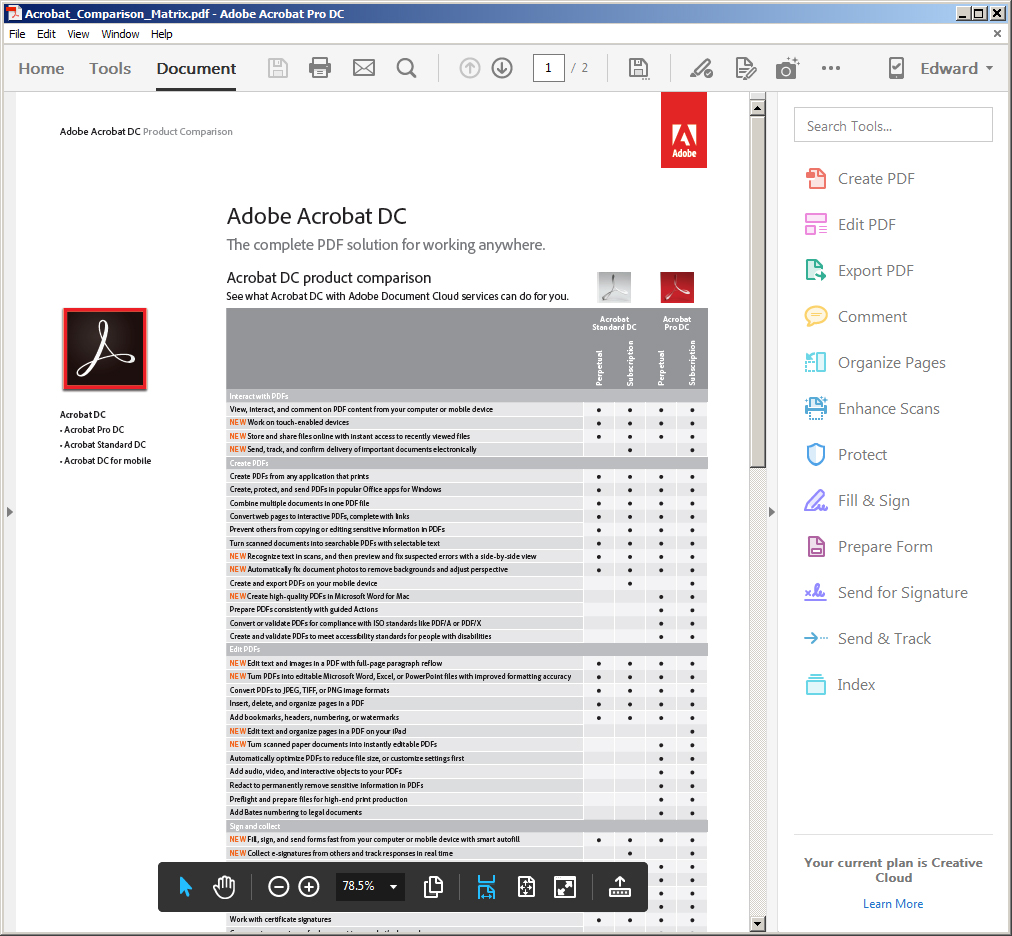
You must upgrade 32-bit plugins to 64-bit for them to work with the 64-bit app. While the app will continue to load existing Intel-based plugins when running under Rosetta translation, developers should migrate their plugins to the ARM architecture so they can load in the native mode of the app. In the app running natively on Apple silicon devices, plugins compiled for Intel architecture are not loaded.

For existing plugins, set the architecture to $(ARCHS_STANDARD) as shown: All macOS plugins should be built using Xcode12 for supporting Apple Silicon. The SDK samples also now produce universal binaries and require Xcode12 to build. Going forward, plugins must be universal binaries so that they can work seamlessly with both Intel and Apple silicon mode.

Although the apps compiled for Intel work on the Apple silicon devices with the help of Rosetta translation, there is a performance degradation. The Apple silicon chip is based on an ARM architecture which requires app and plugin migration. Because Apple is releasing new devices with their own chip instead of Intel’s, the SDK now supports native Apple Silicon mode for third party plugins.


 0 kommentar(er)
0 kommentar(er)
